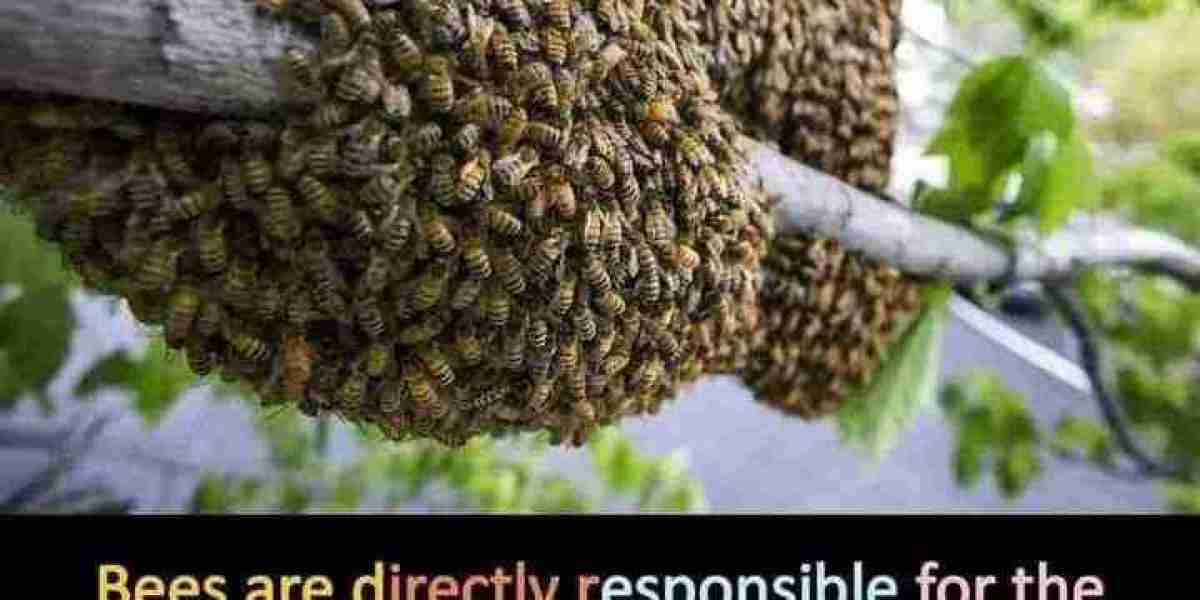.Bees play a crucial role in pollination, which is the process of transferring pollen from the male parts of a flower to the female parts, resulting in fertilization and the production of seeds. This process is essential for the reproduction and survival of many plant species, including those that produce the fruits we consume.
There are several reasons why bees are particularly important for the pollination of fruits:
1. Efficient pollinators: Bees are highly efficient pollinators due to their unique characteristics. They have specialized body structures and behaviors that enable them to collect and transport pollen efficiently. They have branched hairs on their bodies that help them trap and carry pollen grains from one flower to another. Additionally, bees exhibit a behavior known as flower constancy, where they tend to visit the same type of flower during a foraging trip. This behavior increases the chances of pollen transfer between flowers of the same species, enhancing successful pollination.
2. Abundance and diversity: Bees are one of the most abundant and diverse groups of pollinators. There are thousands of bee species worldwide, ranging from solitary bees to social bees, such as honeybees and bumblebees. This diversity ensures that a wide variety of plants, including fruit-bearing ones, can find suitable pollinators. Different bee species have different preferences for flower shapes, sizes, and nectar rewards, allowing them to effectively pollinate a diverse range of fruit crops.
3. Buzz pollination: Some plants, including many fruit crops such as tomatoes, peppers, and blueberries, have evolved a pollination mechanism known as buzz pollination or sonication. Buzz pollination occurs when bees vibrate their flight muscles at a specific frequency, causing the release of pollen from specialized structures within the flower. Bees are among the few pollinators capable of performing buzz pollination, making them crucial for the successful pollination of these crops.
4. Crop dependence: Many economically important fruit crops, including apples, pears, cherries, almonds, and strawberries, depend heavily on insect pollination for high fruit set and quality. These crops often require cross-pollination, where pollen from one plant is transferred to the flowers of another plant of the same species. Bees, with their efficient foraging behavior and ability to carry large amounts of pollen, are well-suited for this task. Without sufficient bee pollination, the yield and quality of these fruit crops would be significantly reduced.
5. Wild and managed bees: Both wild bees and managed bee colonies, such as honeybees, contribute to fruit pollination. Wild bees are important for the pollination of many native plant species, which in turn support ecosystems and provide habitat and food for other wildlife. Managed honeybee colonies are often used in large-scale agriculture to supplement pollination services. Beekeepers transport honeybee colonies to orchards and other fruit-growing areas, ensuring a consistent and reliable pollination service.
In summary, bees are responsible for the pollination of a significant portion of the fruits we eat due to their efficiency as pollinators, their abundance and diversity, their ability to perform buzz pollination, the crop dependence on insect pollination, and the contributions of both wild and managed bees. Their role in pollination is crucial for maintaining the productivity and diversity of fruit crops, and ultimately, for ensuring global food security.






